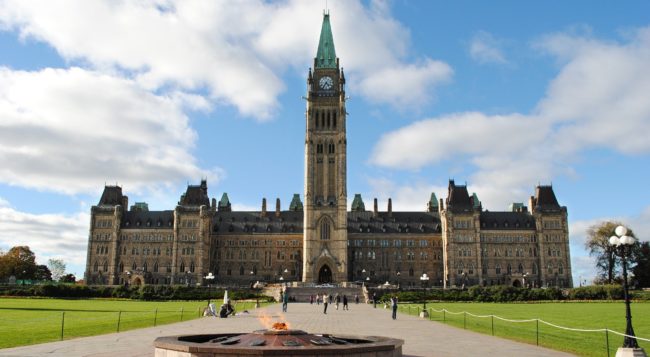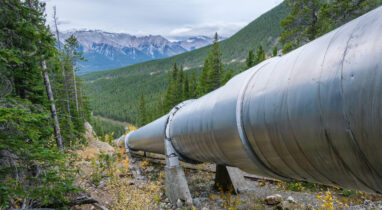A new report released today by the Parliamentary Budget Officer shows that carbon pricing is effective and affordable. The PBO estimates that a carbon price that rises to $131/tonne in 2030 could achieve Canada’s targets under the Paris Agreement, even in the absence of other climate policy. That would mean that the carbon price would continue increasing at a rate very close to the current $10 per year, until 2030.
Of course, the debate about whether to use carbon pricing alone or to rely instead on other climate policies is a false choice. We can and should use both carbon pricing and other smart policies and investments to reduce our emissions, in order to hit the Paris targets and achieve net-zero emissions by 2050.
A discussion of carbon pricing is incomplete without mentioning the rebates that are sent back to Canadians to ensure that the policy is affordable. This year, a family of four will receive $448 in Ontario and $888 in Alberta. In modelling we are currently doing with Navius Research, we have found that raising carbon prices by $10 per year through 2030—which is very similar to what the PBO modelled—would provide the average household in Ontario with over $1,000 in annual rebates by 2030. The average Alberta household would see their rebates rise to over $5,000.
Carbon pricing is also a key tool to unlock low-carbon technologies like hydrogen and carbon capture. These are just two examples of how Canada can take advantage of the growing cleantech market, which is the greatest economic opportunity of this century. It is extremely difficult to model the economic opportunities that will come with new technologies. For this reason, it is unlikely that the economic impact of carbon pricing modelled in the PBO report will accurately predict real-world outcomes.
“The bottom line is that carbon pricing works and should continue to increase after 2022 at roughly the same level as today in order to help us meet our Paris targets.”
The PBO report also compares carbon pricing to a “do-nothing” approach, which is not a realistic alternative. When carbon pricing is compared to other climate policies, the Ecofiscal Commission has shown that carbon pricing will generate $1200 per capita higher GDP in 2030 than even the best alternatives.
The PBO report talks about three different ways carbon pricing could be implemented to enable Canada to hit its Paris targets, but two of those designs are not realistic.
The first approach is too aggressive—it applies the full carbon price to industry, which would lead to competitiveness concerns and carbon leakage. This approach would work well if, and only if, it was paired with a border carbon adjustment.
The second approach is too weak, as it proposes to do nothing on industrial pricing after 2022. That would translate into an unrealistic and unnecessarily high fuel levy of over $200/tonne. It is hard to imagine a policy that raises prices on families and small business while holding the costs to industry constant.
The appropriate and only practical choice of the three designs proposed by the PBO is the scenario in which the fuel levy and industrial pricing both rise together after 2022. This sends a broad-based signal across the entire economy to reduce emissions, while protecting Canadian competitiveness.
In the future, the PBO should consider a fourth approach, which transitions the industrial output-based pricing system to economy-wide pricing plus a border carbon adjustment.
The bottom line is that carbon pricing works and should continue to increase after 2022 at roughly the same level as today in order to help us meet our Paris targets. Clean Prosperity will be releasing its own modelling in the near future showing the impact of this approach.
For more information: media@cleanprosperity.ca




